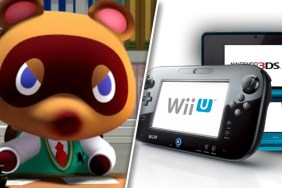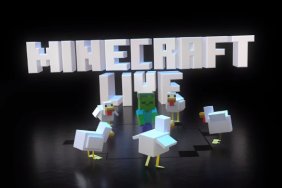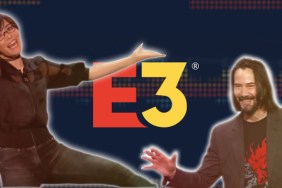The Electronic Entertainment Expo is nearly upon us, and I don't know about you, but I'm bursting at the seams with excitement… literally. Well, not literally, but you know what I mean.
As we gear up for the big event and all of its crazy announcements, let's first take a look back at the history of this monumental trade show, starting with its inception back in 1995.
E3 Retrospective
-
1996
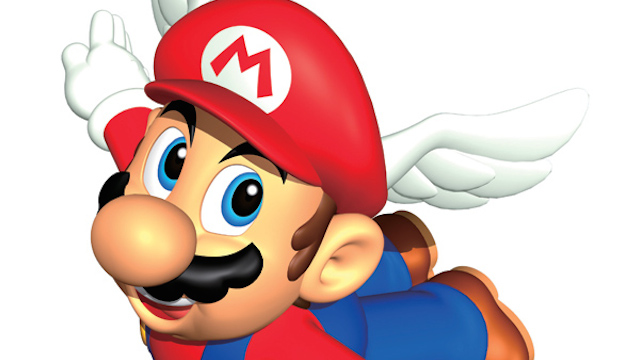
rnThe following year was a monumental one for game announcements. Nintendo pulled back the curtain on its next console, Nintendo 64, as well as the machine's first killer-app, Super Mario 64. Capcom announced Resident Evil, Sony revealed Naughty Dog's Crash Bandicoot, Eidos unveiled Tomb Raider, and Sega debuted Nights Into Dreams... And if that wasn't enough, Square Enix released a video showcasing Final Fantasy VII. Yeah, E3 1996 was huge for gamers. -
1995

rnThe very first Electronic Entertainment Expo was home to Sony's first foray into the gaming industry with the announcement of PlayStation. In addition, Sega came to the show with Sega Saturn, hoping to put Nintendo on its heels. At the time, the Big N was working on its follow up to Super Nintendo, which was codenamed Ultra 64. This was also the year Nintendo debuted its Virtual Boy console, which turned out to be a complete disaster. -
1997
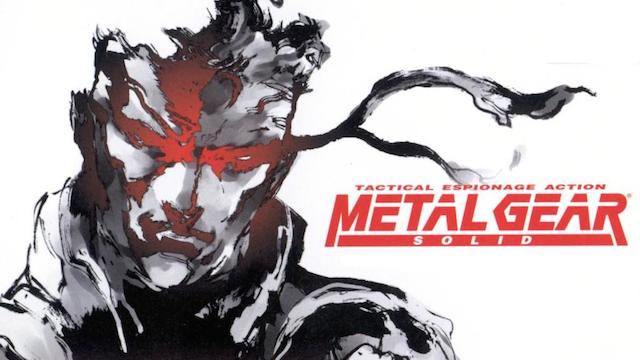
rnIn addition to the reveal of what is (in my humble opinion) one of the very greatest games of all time—that being Metal Gear Solid, of course—a whole bunch of first-person shooters got plenty of attention at E3 in '97. The most notable of these include Half-Life and Unreal. On the Sega front, Panzer Dragoon Saga was revealed, and Nintendo 64's infamous Superman game got some undeserved attention. -
1998
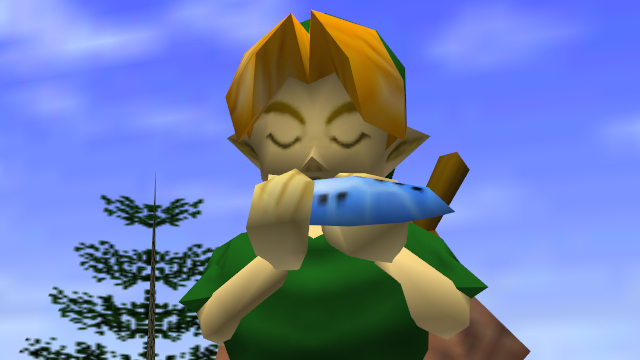
rnBelieve it or not, it was all the way back in 1998 that Duke Nukem Forever was first revealed. Yup, the train wreck of a game that was only just released a couple of years ago, proving that more development time isn't always necessarily a good thing. On a happier note, E3 1998 also brought with it a stunning presentation of The Legend of Zelda: Ocarina of Time. Love that game. -
2000
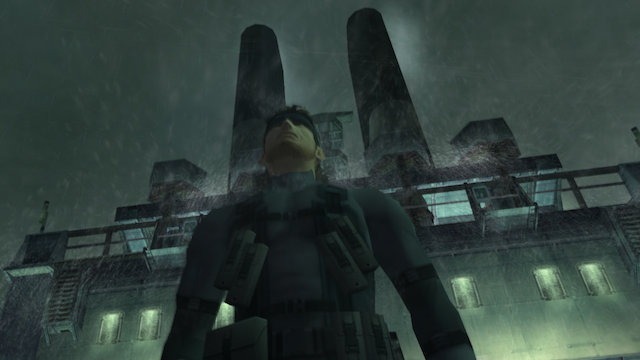
rnSony's successor to the original PlayStation, aptly named the PlayStation 2, made an impressive debut along with Hideo Kojima's Metal Gear Solid 2: Sons of Liberty. Microsoft's foray into the game console business was underway as well, with Xbox still in the early development phase. In addition, Halo, which at the time was a 3rd person title for PC, was shown. Little did we know that Bungie's shooter would end up redefining the console FPS and single-handedly making the Xbox a success. -
2001
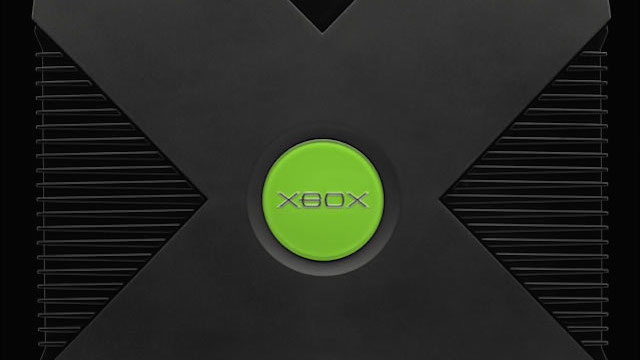
rnE3 2001 was a big year for gamers, as both Microsoft and Nintendo showed off their brand-new consoles, the Xbox and GameCube, respectively. The Big M's launch lineup was featured at the expo, including titles like Halo: Combat Evolved, Oddworld: Munch's Odysee, and Project Gotham Racing. Nintendo, meanwhile, showed off a number of GCN titles, including Super Smash Bros. Melee, Luigi's Mansion, and Pikmin. Sadly, the Dreamcast was struggling to stay alive, with little more than Sonic Adventure 2 to interest gamers at the show. -
2002
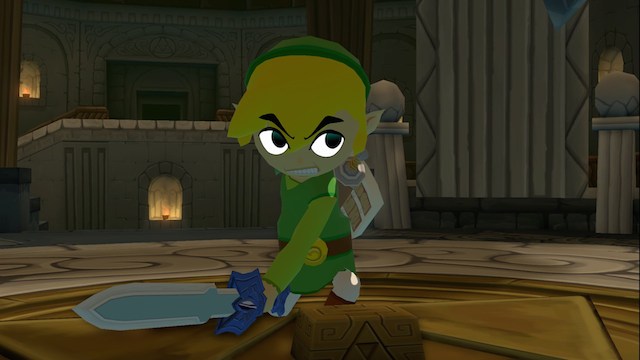
rnThe Electronic Entertainment Expo only grew larger in 2002 with Microsoft, Sony, and Nintendo firing on all cylinders. The Big N had a number of exciting GameCube titles to show, not the least of which included the beloved Metroid Prime and a new Zelda game, which featured a polarizing art style. Meanwhile, Microsoft unveiled Xbox Live, and had exclusives to show like Ninja Gaiden and Panzer Dragoon Orta. Finally, on the PlayStation 2 front, gamers got a look at Ratchet & Clank, Sly Cooper, and the Disney Square mash-up, Kingdom Hearts. -
2003
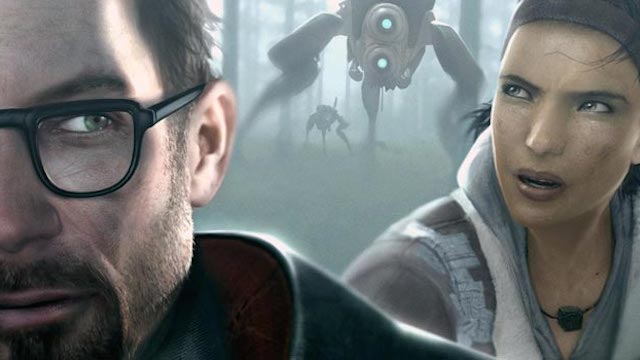
rnE3 2003 was a big year for shooters. Valve's Half-Life 2 got some time in the sun, as well as Bungie's sequel to Halo: Combat Evolved. At the time, I doubt anyone thought Halo 2 would become the Xbox Live phenomenon that would end up changing the online gaming landscape forever. Oh yeah, and Sony's foray into the handheld gaming space with the PSP got some attention. -
2004
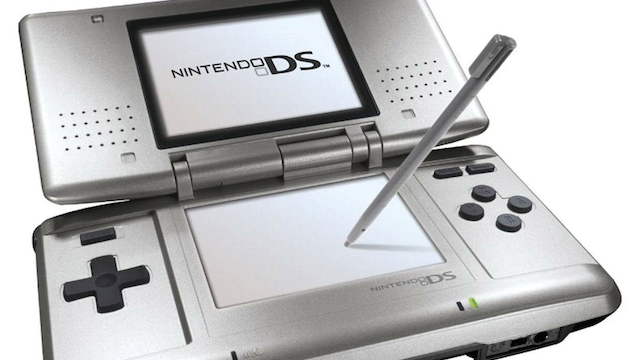
rnNintendo made quite a splash at E3 in 2004 with its new two-screen handheld, Nintendo DS. The company also brought longtime fans to tears with a reveal trailer for The Legend of Zelda: Twilight Princess. Sony showed off the PSP and teased a PS3 reveal for the following year. Meanwhile, Microsoft continued to throw its eggs in the Halo basket, showing off Halo 2 multiplayer. -
2005
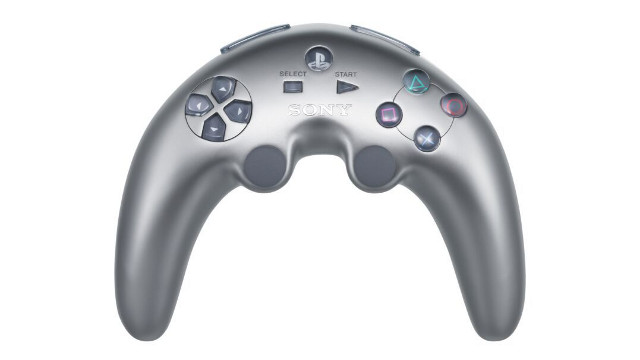
rnDelivering on its promise, Sony pulled back the curtain on the PlayStation 3 in 2005, along with a bunch of pre-rendered game footage as well as a ridiculous boomerang-looking controller. Nintendo unveiled the Revolution, which would later be renamed the Wii. Interestingly enough, however, the company kept the console's motion controller a secret at the time. In addition, Microsoft debuted the Xbox 360, which would end up releasing later that year. -
2006
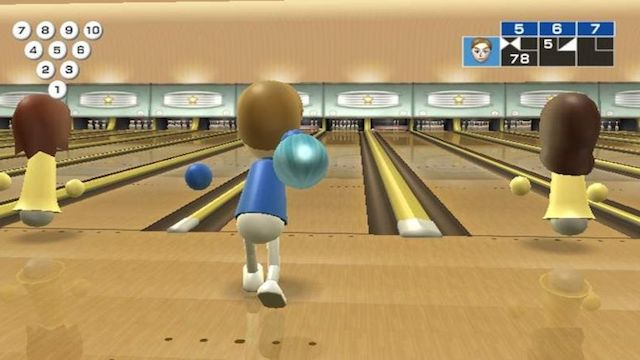
rnNintendo basically stole the show in 2006 with its motion-centric console and the soon-to-be cultural phenomenon that was Wii Sports. Sony showed off the PlayStation 3, its shockingly steep price tag, and a redesigned controller that looked much more like the DualShock 2 and nothing like the monstrosity that was shown off the year prior. Microsoft brought gamers' jaws to the floor with exclusive titles like Gears of War and Halo 3. -
2007
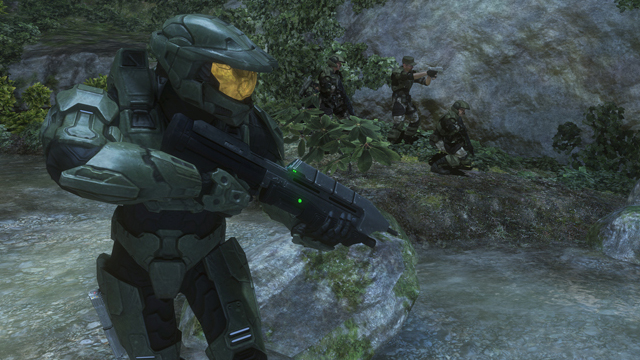
rnE3 2007 was very different from years prior, as the entire expo was scaled back and far more subdued. Despite this fact, a number of amazing games were showcased at the event, including Halo 3, BioShock, Call of Duty 4: Modern Warfare, Mario Galaxy, Metroid Prime 3: Corruption, Metal Gear Solid 4: Guns of the Patriots, Uncharted: Drake's Fortune, Killzone 2... need I go on? -
2009
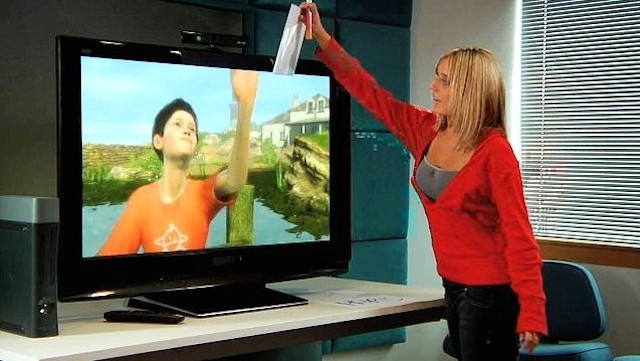
rnAfter a couple of years with smaller-scale conventions, E3 returned to its more bombastic routes with a much larger show in Los Angeles. In an effort to emulate Wii's success, both Sony and Microsoft brought with them their own motion-centric devices, the PlayStation Move and Kinect, which at the time was codenamed Project Natal. Let's also not forget that ridiculous Milo presentation from Peter Molyneux for Microsoft's motion camera. Meanwhile, Nintendo brought a whole bunch of interesting software to the show, including announcements for Super Mario Galaxy 2 and the Team Ninja-developed Metroid title, Other M. -
2010

rnNintendo had a big following year as well, with the reveal of the 3DS, as well as a brand-new Zelda that made use of the Wii MotionPlus add-on. Microsoft unveiled a redesigned version of the Xbox 360 along with the official name of Project Natal, which (as we all know now) is Kinect. Sony spent a decent chunk of time waving around the PlayStation Move, hoping gamers would care, or at least notice. -
2011
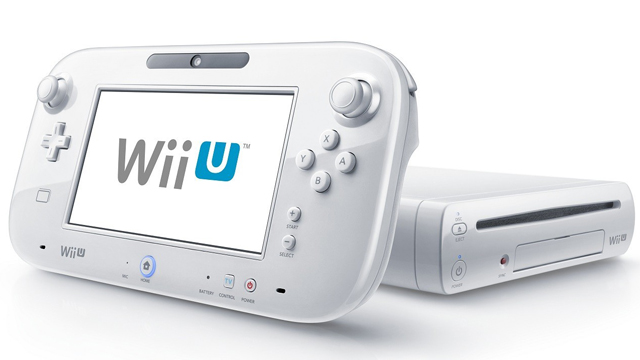
rnRiding high off the success of Wii, Nintendo announced its successor at E3 2011, befuddling everyone with one of the worst console names of all time: Wii U. The reveal was confusing, as the company spent far too much time on the new controller, failing to emphasize the fact that the Wii U was a new console entirely. Microsoft pulled back the curtain on Halo 4, the first title in the series that wasn't developed by Bungie, and Sony spent a whole lot of time on its new handheld, the PlayStation Vita. -
2012

rnAside from the surprise reveal of a brand-new IP from Ubisoft in Watch Dogs, E3 2012 didn't bring with it all that much excitement. Sony spent way too much time on Wonderbook, but managed to make up for it with a killer demo of The Last of Us to close out its presser. Meanwhile, Nintendo continued its downward spiral with a poor showing for Wii U, highlighted by the anticlimactic Nintendo Land grand finale. -
2013
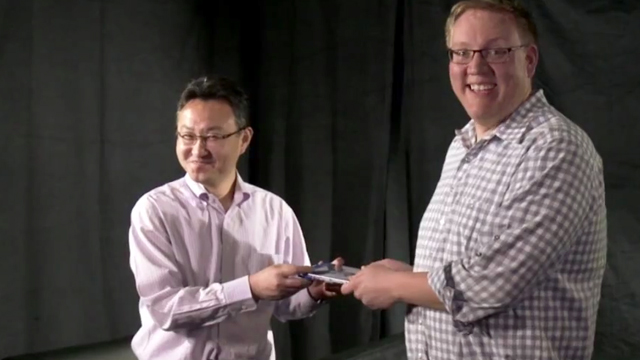
rnLast year was an interesting one as far as E3s go. Both Sony and Microsoft had revealed their next-gen boxes a few months prior, but that didn't stop Sony from throwing a few jabs the Big M's way. The Xbox One reveal in May had a lot of gamers leaning toward the PlayStation camp, and Sony provided that final nudge, revealing an appealing price tag and a gamer-friendly DRM-free approach to sharing games. Nintendo, on the other hand, opted to hold a Direct instead of an E3 presser, yielding middling results. The announcement that Retro's "big new game" was another DKC left me sorely disappointed. -
2014
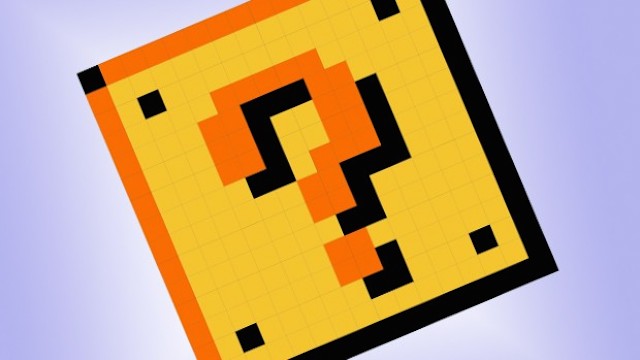 rn
rn
rnThis year's Electronic Entertainment Expo is just a couple of weeks away. While we don't know about everything that will be shown, that hasn't stopped us from speculating.
rn
rnBe sure to check out our predictions for Sony, Microsoft, Nintendo, Ubisoft, and EA and sound off in the comments below with some predictions of your own. -
1999
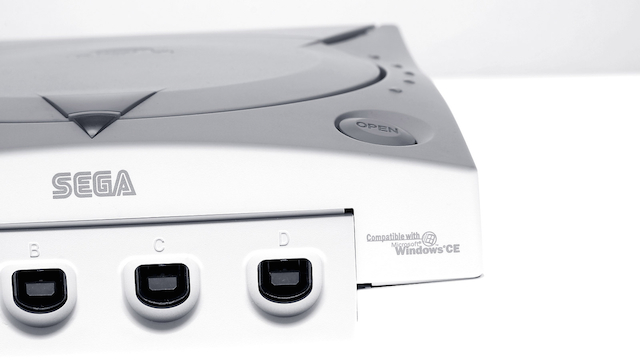
rnThe next generation of consoles got its start when Sega announced the Dreamcast, which, coincidentally, would end up being the final gaming machine the company would ever make. Nintendo also lifted the lid on its upcoming gaming box, which at the time was codenamed the Dolphin. We now know it as the purple lunchbox-looking thing called the GameCube. -
2008
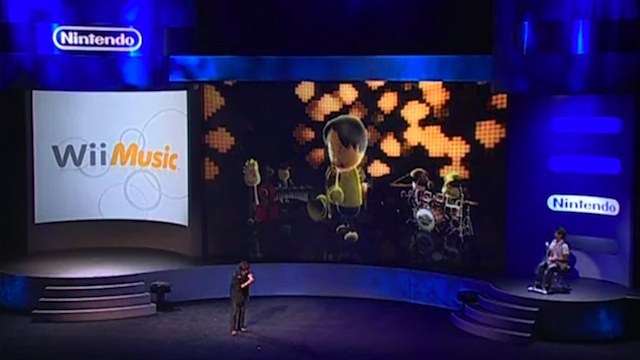
rnWhile Microsoft had exclusives like Gears of War 2 and Fable II to tout, the announcement that Final Fantasy XIII would be coming to Xbox 360 easily stole the show. Meanwhile, Sony sought to build excitement for PS3 by demoing Resistance 2 and debuting a trailer for God of War III. The Big N, on the other hand, went peripheral heavy, showcasing the Wii MotionPlus, the Wii Balance Board, and, yes, the failure that was Wii Speak. Let's also not forget about that painstaking Wii Music demo. Maybe it really is better that Nintendo no longer has E3 pressers.




